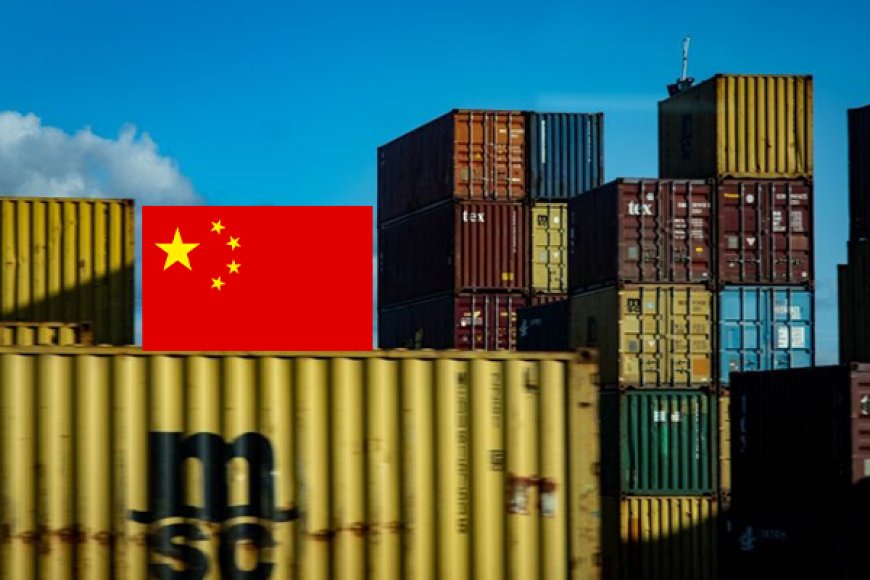China retains position as Ghana’s largest import partner, Russia displaces UK in top 5 category
China retains position as Ghana’s largest import partner, Russia displaces UK in top 5 category

China has retained its top spot as the largest import partner of Ghana in 2023, surpassing big western countries like the United States of America and the Netherlands.
According to fresh data from the 2023 Trade Vulnerability report by the Ghana Statistical Service, in 2023, "China retained its position as Ghana's largest import partner, increasing from GH₵26.4 billion in 2022 to GH₵33.9 billion."
The Russian Federation emerged as a significant contributor, "replacing the UK in the top five, with imports primarily consisting of mineral fuels and oils." The Netherlands remained a major player, with Ghana primarily "importing mineral fuels and oils, standing at GH₵17.3 billion," the report stressed.
Between 2022 and 2023, India and the United States of America swapped ranking, with India becoming the fourth largest import source at GH₵11.7 billion, and the USA following closely behind at GH₵10.9 billion.
Ten products accounted for over a third (38.3%) of all imports. The highest import value was diesel-automotive gas oil, amounting to GH₵27.1 billion, followed by light oils, motor spirit, and super at GH₵22.3 billion. These are the only two commodities that contributed over 10% each of all imports.
Mode of Transport
In 2023, sea transport constituted 89.1% of the total value of imports, with air transport representing the smallest share at 4.7%. Regarding exports, air transport and sea transport each accounted for nearly half of the total value, with air transport making up 46.3% and sea transport 46.1%.
Notably, gold was exclusively exported via air, while mineral fuels and oils and cocoa beans and products rely on sea transport, with a share of 98.5 percent and 98.9 percent respectively. Plastics (93.0%) and iron and steel (92.4%) on the other hand, were mainly exported via road.
The majority of imports were through sea transport. Apart from sea transport, a portion of vegetable products and mineral fuels and oils were also imported via road, with shares of 25.1 percent and 10.2 percent, respectively.
























































